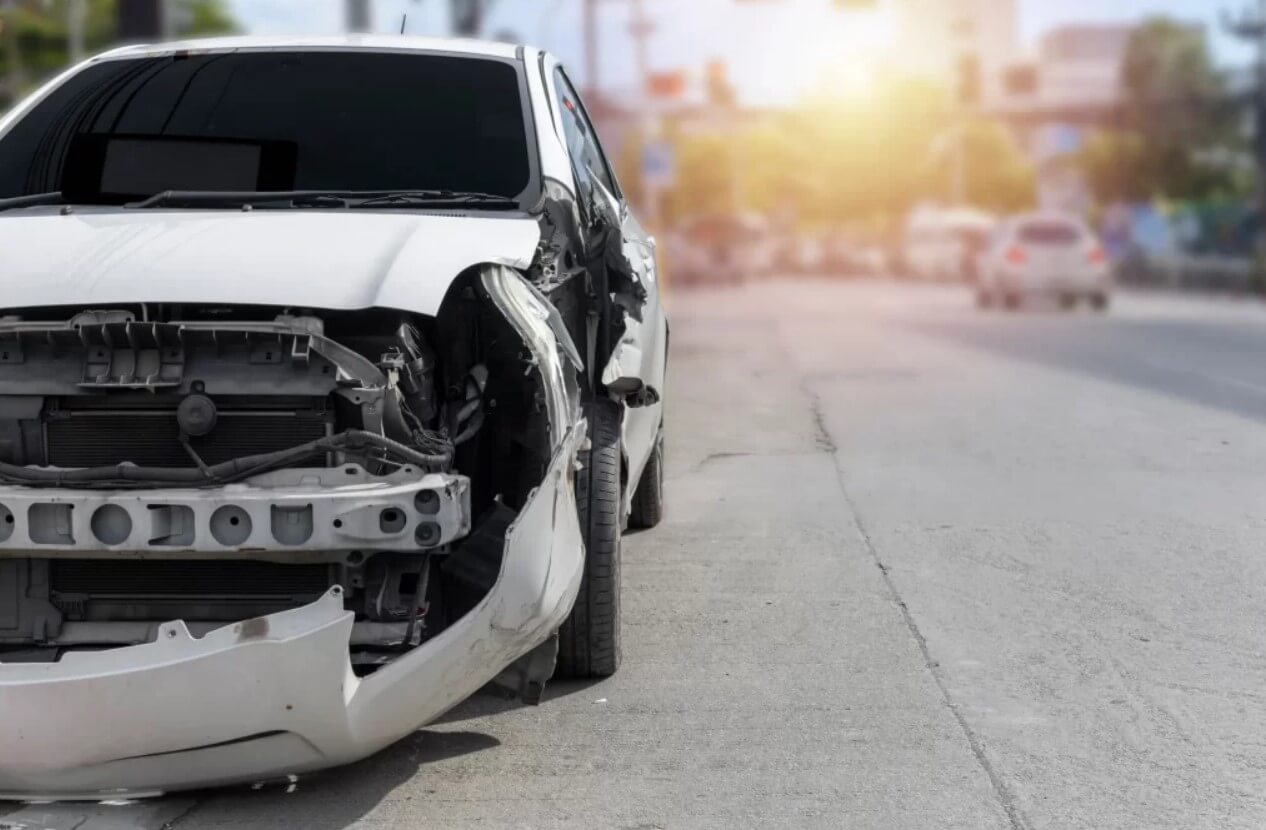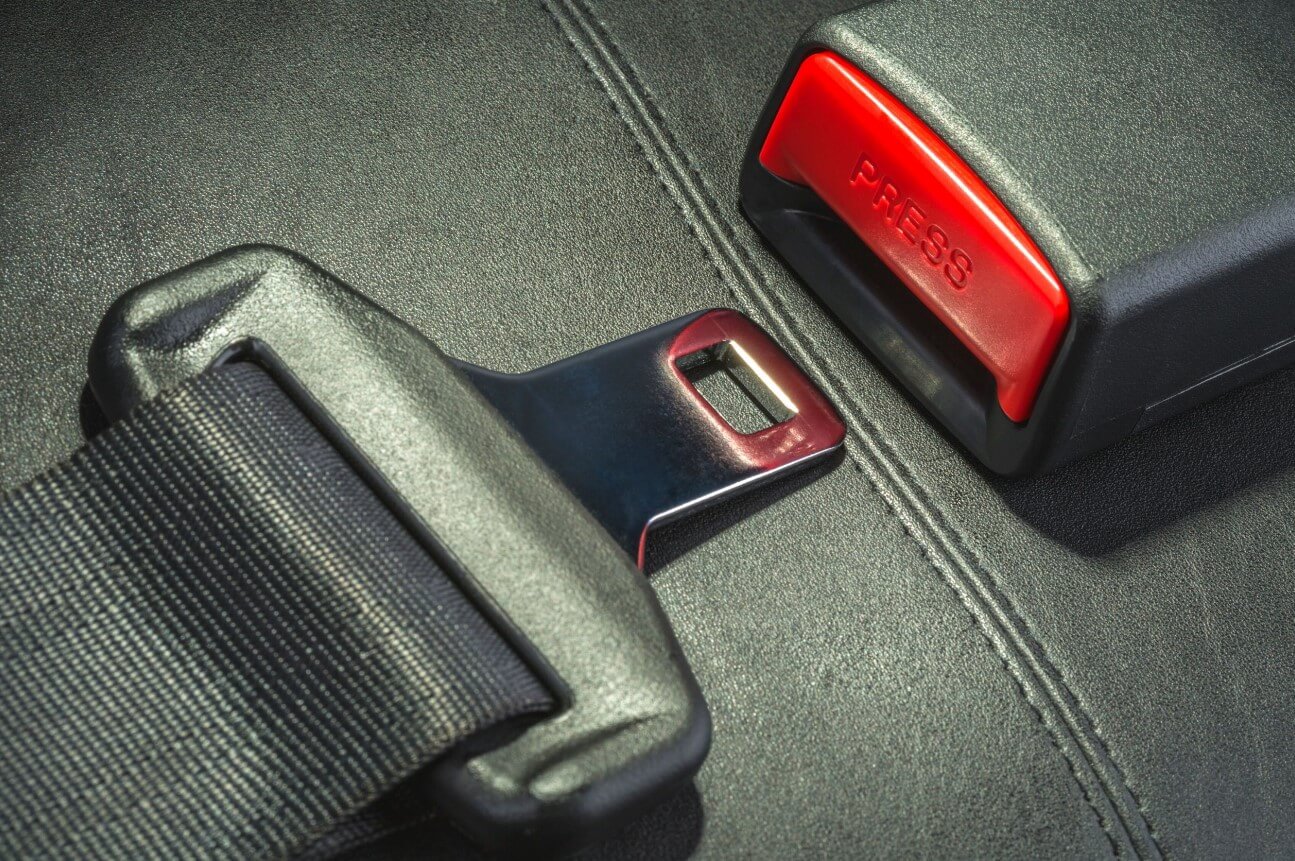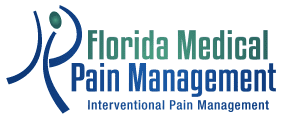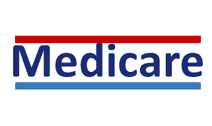
Understanding Shoulder Injuries After a Car Accident
Car accidents can result in various injuries, some of which may not be immediately apparent. Shoulder injuries are among the common consequences of car accidents, often overlooked in the immediate aftermath. However, understanding the signs, symptoms, and treatment options for shoulder injuries is crucial for those involved in motor vehicle accidents. In this article, we’ll delve into the types of shoulder injuries that can occur after a car accident, their symptoms, diagnosis, and available treatments.
Types of Shoulder Injuries
- Rotator Cuff Injuries: The rotator cuff is a group of muscles and tendons that surround the shoulder joint, providing stability and facilitating movement. In a car accident, sudden impact or force can strain or tear these muscles and tendons, leading to rotator cuff injuries. Symptoms may include pain, weakness, and limited range of motion.
- Shoulder Dislocation: Car accidents can cause the shoulder joint to dislocate, where the upper arm bone pops out of the shoulder socket. This injury often results from the violent force exerted on the shoulder during a collision. Dislocation causes severe pain, swelling, and instability in the shoulder.
- Fractures: The collarbone (clavicle), shoulder blade (scapula), and upper arm bone (humerus) are susceptible to fractures in a car accident. Fractures may vary in severity, from hairline cracks to complete breaks, depending on the impact. Symptoms include pain, swelling, bruising, and difficulty moving the shoulder.
- Soft Tissue Injuries: Apart from the rotator cuff, other soft tissues in the shoulder, such as ligaments and cartilage, can sustain damage in a car accident. These injuries can cause pain, inflammation, and instability in the shoulder joint.
Symptoms and Diagnosis
After a car accident, individuals may experience immediate or delayed onset of shoulder injury symptoms. These symptoms may include:
- Pain, ranging from mild to severe
- Swelling and bruising around the shoulder
- Limited range of motion or difficulty moving the arm
- Instability or a feeling of the shoulder giving way
- Numbness or tingling in the arm or hand
Diagnosing shoulder injuries typically involves a physical examination by a medical professional, including assessing the range of motion, strength, and stability of the shoulder joint. Imaging tests such as X-rays, MRI, or CT scans may be ordered to evaluate the extent of damage to the bones, muscles, and other structures in the shoulder.

SCHEDULE A CONSULTATION
Experience a pain-free life! Call us at (727) 268-0172
Treatment Options
Treatment for shoulder injuries sustained in a car accident depends on the type and severity of the injury. Common treatment options include:
- Rest and Immobilization: Mild shoulder injuries may heal with rest, avoiding activities that aggravate the pain, and using a sling or brace to immobilize the shoulder.
- Physical Therapy: Physical therapy exercises help strengthen the muscles surrounding the shoulder joint, improve flexibility, and enhance range of motion.
- Medications: Over-the-counter pain relievers, such as ibuprofen or acetaminophen, can alleviate pain and inflammation. In some cases, corticosteroid injections may be administered to reduce inflammation.
- Surgery: Severe shoulder injuries, such as extensive rotator cuff tears or fractures requiring stabilization, may necessitate surgical intervention. Surgery aims to repair damaged tissues, realign fractures, and restore function to the shoulder joint.
Recovery and Rehabilitation
Recovery from a shoulder injury sustained in a car accident varies depending on the severity of the injury and individual factors such as age and overall health. Following medical treatment, rehabilitation plays a crucial role in restoring shoulder function and preventing long-term complications. Physical therapy sessions focus on gradually increasing strength, flexibility, and range of motion in the shoulder through targeted exercises and stretches. Compliance with the rehabilitation program and following medical advice can significantly enhance the recovery process.
Preventing Shoulder Injuries in Car Accidents
While not all car accidents are preventable, taking certain precautions can reduce the risk of sustaining shoulder injuries:
- Wear seat belts properly to minimize the impact of a collision.
- Ensure proper positioning of the headrest to support the head and neck in the event of a rear-end collision.
- Adjust the seat and steering wheel position to maintain a comfortable driving posture and minimize strain on the shoulders.
- Avoid distractions while driving, such as texting or using a mobile phone, to focus on the road and react promptly to potential hazards.

SCHEDULE A CONSULTATION
Experience a pain-free life! Call us at (727) 268-0172
Conclusion
Shoulder injuries are common outcomes of car accidents, often causing significant pain and impairment in daily activities. Understanding the types of shoulder injuries, their symptoms, diagnosis, and treatment options is essential for those involved in motor vehicle accidents. Seeking prompt medical attention and adhering to recommended treatment and rehabilitation protocols can promote optimal recovery and restore shoulder function. By prioritizing safety measures and responsible driving practices, individuals can mitigate the risk of shoulder injuries and ensure a safer road environment for everyone. If you have been involved in a car accident and suspect a shoulder injury, consult a medical professional for proper evaluation and treatment.
Contact Us Today!
Florida Medical Pain Management is committed to providing comprehensive care for individuals with shoulder injuries and other musculoskeletal conditions resulting from car accidents. Our team of experienced physicians and therapists specializes in diagnosing and treating a wide range of shoulder injuries, utilizing advanced techniques and personalized treatment plans to promote recovery and improve quality of life. Contact us today to schedule a consultation and learn more about our services.
Our Treatment Services
Florida Medical Pain Management’s top priority is serving our patients’ needs and creating long-lasting relationships with them. Our treatments include:
- Treatment for Neuropathy
- Arthritis Management
- Back Pain Medication
- Chronic Pain Treatments
- Epidural Injection
- Regenerative Medicine
- Hip Pain Medication
- Ketamine Infusion Therapy
We want to help patients live more fulfilling and productive lives by effectively managing their pain. Florida Medical Pain Management also provides home therapy and many more. Click here to see our other services.















